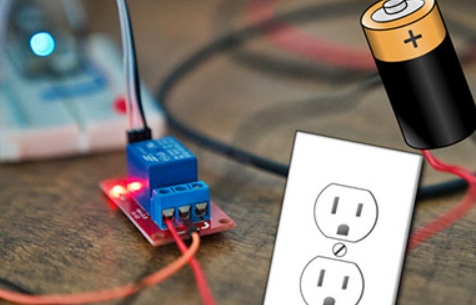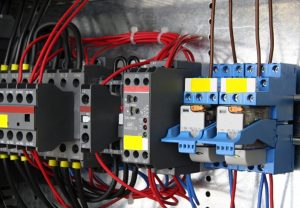In today's rapidly advancing technological landscape, the use of relays has become increasingly prevalent across a wide range of industries. While switches have long been a staple in electrical systems, relays offer distinct advantages that make them the preferred choice in many applications. This article will delve into the reasons why using a relay instead of a switch can greatly enhance the efficiency, reliability, and safety of various systems.
- Enhanced Electrical Isolation:
One of the primary advantages of relays is their ability to provide superior electrical isolation. Unlike switches, which directly connect and disconnect electrical circuits, relays utilize an electromagnetic coil to control the switching mechanism. This isolation prevents electrical noise, voltage spikes, and other disturbances from affecting the main circuit, ensuring optimal performance and protection for sensitive components. - Higher Voltage and Current Handling Capacity:
Relays excel in handling high voltage and current levels, making them indispensable in industries such as power distribution, industrial automation, and automotive applications. Switches, on the other hand, have limitations in terms of their voltage and current ratings. Relays can handle significantly higher loads, allowing for seamless operation even in demanding environments. - Improved Longevity and Durability:
Relays are designed to withstand rigorous operating conditions, making them highly durable and long-lasting. Unlike switches, which can wear out over time due to mechanical wear and tear, relays rely on solid-state components or electromechanical mechanisms that are less prone to failure. This reliability is crucial in critical systems where downtime can be costly or even life-threatening. - Flexibility in Control:
Relays offer greater flexibility in control options compared to switches. They can be easily integrated into complex control systems, allowing for precise and customizable operation. With the ability to handle multiple inputs and outputs, relays enable advanced functionalities such as time delays, sequencing, and logic operations. This versatility makes them ideal for applications that require intricate control and automation. - Safety Considerations:
When it comes to safety, relays provide an added layer of protection. Their electrical isolation capability minimizes the risk of electrical shock and ensures the safety of operators and equipment. Additionally, relays can be equipped with features like overload protection, short-circuit protection, and thermal protection, further enhancing the safety of the system. These safety features are particularly crucial in industries where human lives and valuable assets are at stake.
Conclusion:
In conclusion, the advantages of using relays instead of switches are undeniable. Their superior electrical isolation, higher voltage and current handling capacity, improved longevity and durability, flexibility in control, and enhanced safety features make them the preferred choice in various industries. Whether it's in power distribution, industrial automation, automotive systems, or any other application that demands reliability and efficiency, relays prove to be the powerhouse that outperforms switches. Embracing the power of relays can unlock a world of possibilities for optimizing system performance and ensuring the smooth operation of critical processes.





+ There are no comments
Add yours